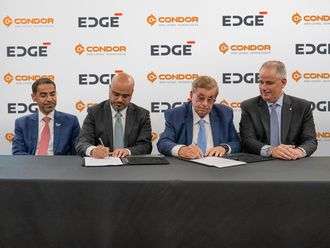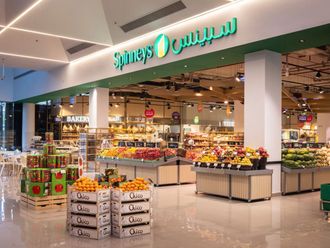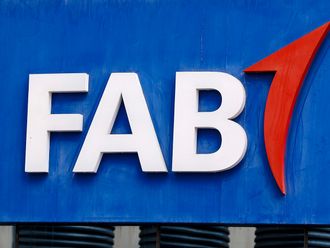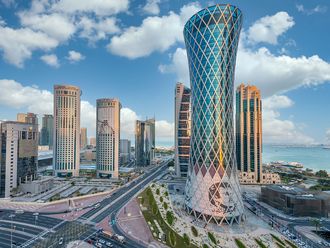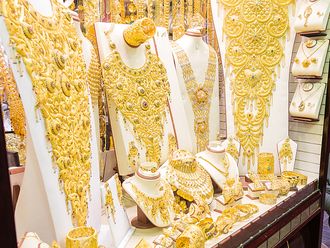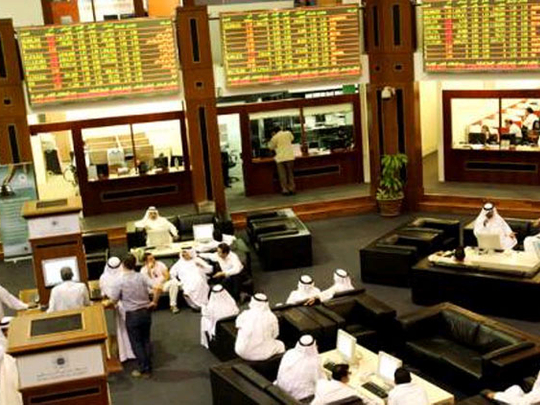
Abu Dhabi: The downtrend in the UAE stock markets accelerated Sunday amid weak global cues that indicate investors are beginning to shy away from overheated emerging market assets.
With liquidity tightening measures in China and India to arrest runaway inflation looming ahead, investors are pulling back from overpriced Asian stock markets to park their money in safer havens such as the strengthening US dollar and gold.
The Dubai Financial Market (DFM) index Sunday slipped to a new low of 1,570.09 after investors sold stocks to cover potentially greater downside risks.
In Abu Dhabi, the Abu Dhabi Securities Exchange (ADX) general index fell 1.39 per cent to 2,600.09, the downside being capped by a better than expected performance by two companies.
Analysts say the Dubai stock market will remain under selling pressure in the days ahead and that the DFM index may slip below 1,500.
They say China, which has been driving the world's economic growth since the worst global recession in decades, now looks set to slam the brakes on its economy to avoid asset bubbles.
With US President Barack Obama asking Congress on Thursday to bar banks from proprietary trading solely for their own profit and sponsoring private-equity and hedge funds, investors are now finding emerging markets less attractive and riskier.
"The overall market sentiment in Dubai is negative and the institutional investors are selling. The market may touch new lows," said Mousa Haddad, Head Trader with the National Bank of Abu Dhabi Asset Management.
Better than expected 2009 earnings of Abu Dhabi Aviation and Ras Al Khaimah Cement Company prevented the market from falling further.
Abu Dhabi Aviation's net profit last year rose to Dh344.31 million from Dh285.22 million a year earlier, while the net profit of Ras Al Khaimah Cement for the same period fell to Dh72 million from Dh80 million in 2008.
Analysts say the Abu Dhabi market is expected to remain flat with a negative bias in the days ahead, though the fourth quarter earnings of some of the blue chip companies expected to come out later this month, offer a ray of hope.
"The volatility in Abu Dhabi-listed shares won't be as high as in Dubai," said a trader.
Overall in 2009, the ADX general index gained 14.79 per cent despite highly volatile market conditions triggered by the turmoil on global financial markets and dwindling liquidity.
Sunday, 91.75 million shares worth a combined Dh199.47 million were traded on the ADX.
Of the 30 companies traded, only 5 rose, 24 fell and 1 remained unchanged.
Pharmaceuticals company Julphar was the top gainer, rising 4.68 per cent to Dh1.85.
The top loser was Arkan, down 9.4 per cent to Dh2.11.
- 24 stocks declined in ADX in Sunday's trading
- 1.39% fall in ADX index Sunday


